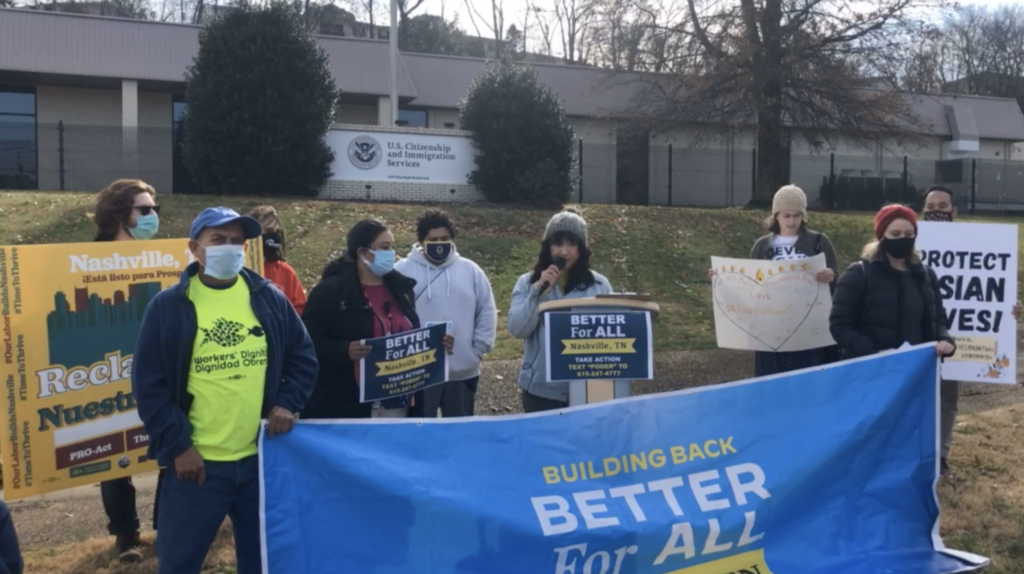
Tennessee’s unemployment rate has remained at 3.3% for the third consecutive month, according to the state’s Department of Labor and Workforce Development. The rate was at an all-time low of 3.2% in March and April.
The steady unemployment rate doesn’t necessarily mean that people who are out of work can’t find jobs. Tennessee businesses have tens of thousands of openings, but low wages and the lack of benefits have kept people from taking up those positions.
More: What’s driving Nashville’s labor shortage? Some people say gig work is better than low-paying jobs.
One reason for the state’s low wages is Tennessee’s stance as a right-to-work state, says Tennessee AFL-CIO Labor Council President Billy Dycus.
“The southern states that are right-to-work, it’s basically we’re a low-wage state,” Dycus says. “‘We want your business. Bring them on here. But it’s OK if you don’t pay people a living wage.'”
Many labor and workers rights advocates say that Tennessee is more friendly to employers than employees. They say that creates economic and labor disparities, which make it harder for businesses to attract workers.
More: ‘There’s no shortage,’ say Tennessee hospitality workers. They believe the industry must change.
Dycus tells WPLN News that, while the competitive market to attract workers has led to businesses paying higher hourly wages, those same places have cut work hours and benefits, harming single parents who need access to childcare to punch a clock every day.
“You can’t pay for healthcare, and you can’t pay for a babysitter to take care of your kids,” Dycus says. “It’s a bad situation for a lot of families in the state.”
Tennessee doesn’t properly fund education, he says, which would be a solution to these issues. He also says that officials needs to do more to get people into trade jobs.
President Clifton Harris of the Urban League of Middle Tennessee says the pandemic also created an environment for people to create their own economic opportunities, after either being exposed to COVID or let go because of shutdowns.
“People have options now,” Harris says, “and they have learned to — what I call — hustle.”

